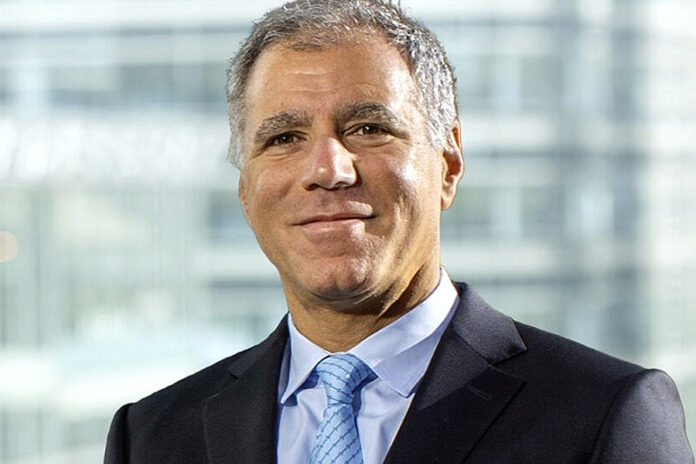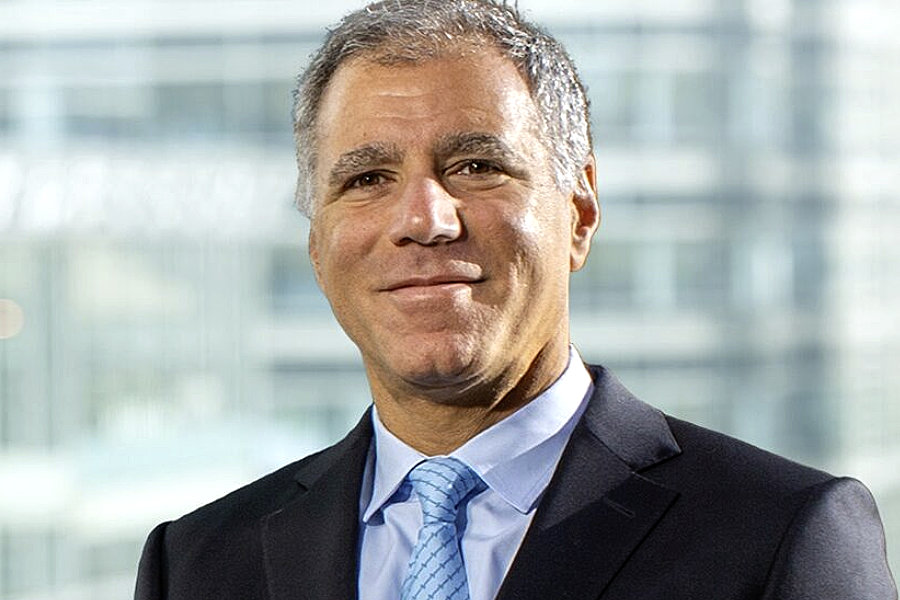In a first-of-its-kind enforcement action, FINRA has slapped Apex Clearing Corporation with a US$3.2 million fine for violating Rule 4330—the customer protection rule governing the permissible use of customers’ securities in lending programs.
Unlike the historical enforcement efforts that focused on naked short selling and failures to secure locates, this case targets a fully paid securities lending program designed for retail investors.
Apex Clearing operated a program in which customers’ fully paid or excess margin securities were lent out without the proper safeguards. Under Rule 4330, a member firm must have “reasonable grounds” to believe that borrowing customer securities is appropriate, and must provide specific, clear written disclosures to customers about the risks they face. However, from January 2019 through June 2023, Apex not only entered into lending agreements without a proper determination of customer suitability but also distributed documents to more than five million retail investors that misrepresented the compensation they would receive. They received US$0 fees. In addition, Apex’s supervisory systems fell short, as the firm failed to establish and enforce written supervisory procedures that would ensure compliance with these disclosures and appropriate requirements.
Historically, regulators have focused on short-selling abuses. Naked short selling was first tackled with rule 204 regulation SHO finalised in 2009, where shares are sold without first arranging to borrow them, was for a long time at the forefront of enforcement proceedings. New regulations have been put into place post the Game Stop saga of 2020 to further tighten the regulatory environment surrounding short selling.
In earlier enforcement actions, such as the SEC’s penalties against firms like Goldman Sachs in the mid-2000s and fines imposed on market makers for failing to obtain locates like in the case of Citadel Securities in 2023, the focus was on preventing “failures to deliver.” Those actions addressed the mechanics of short sales by ensuring that firms followed the locate requirement and appropriately marked orders as “short” rather than misrepresenting them. In contrast, the Apex Clearing case is not about naked short selling or the mechanics of executing a short order without securing the shares; rather, it centres on the mismanagement of a fully paid securities lending program that exposed retail investors to undue risks without providing any financial upside.
Bill St. Louis, executive vice president and head of enforcement at FINRA, summed it up: “Member firms must have reasonable grounds to believe that a fully paid securities lending program is appropriate for customers who participate. It is unreasonable to expect a customer to take on risks and the potential financial consequences of securities lending with no financial upside.” This enforcement action serves as a stern reminder that the use of customer securities—when it comes to lending—carries its own set of rigorous disclosure and supervisory requirements, distinct from the rules governing short selling.
Apex Clearing consented to FINRA’s findings without admitting or denying the charges and has since committed to certifying that it has remediated the identified issues.
©Markets Media Europe 2025












